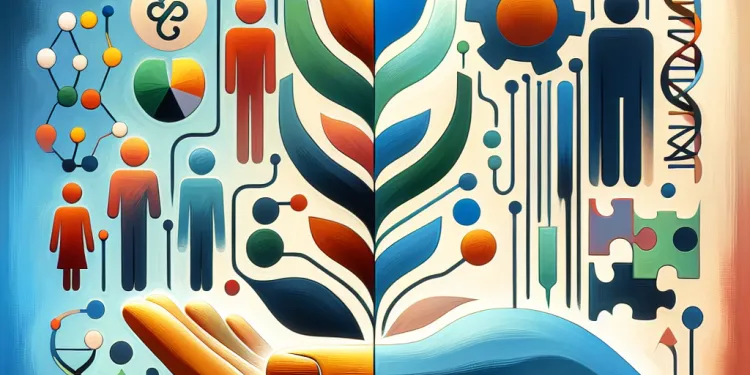
Find Help
More Items From Ergsy search
-
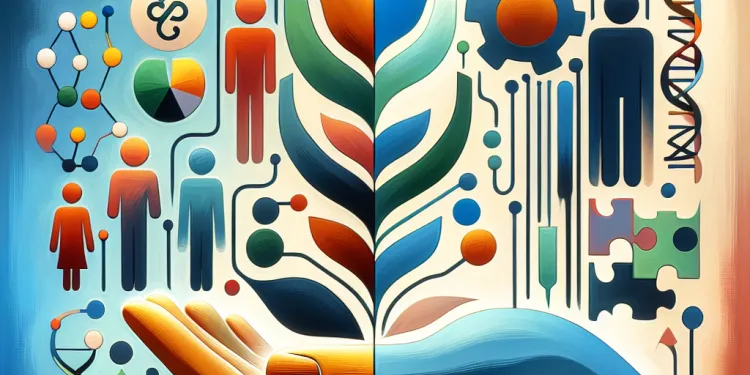
Is there a genetic component to autism?
Relevance: 100%
-
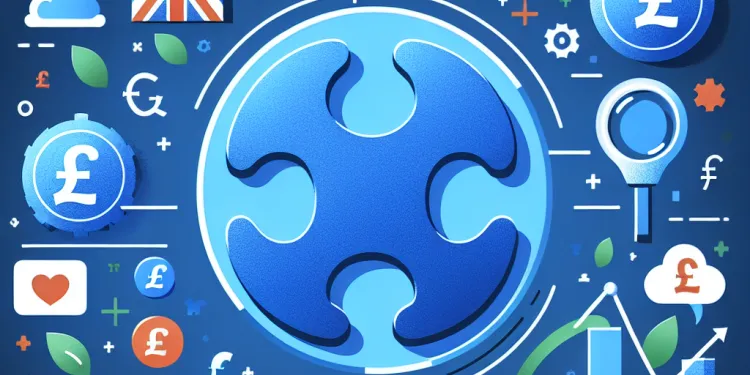
What causes autism?
Relevance: 48%
-
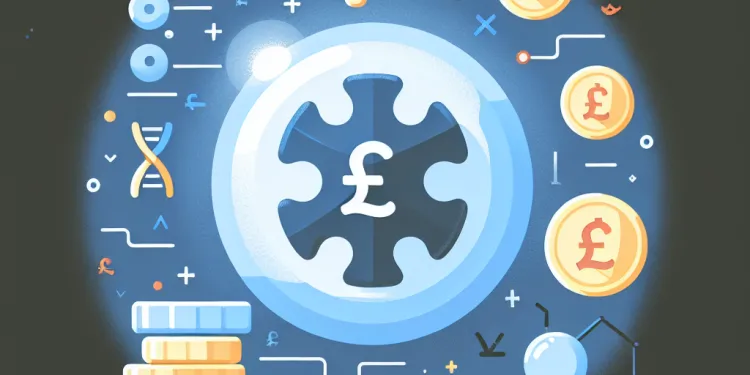
What is Autism?
Relevance: 46%
-
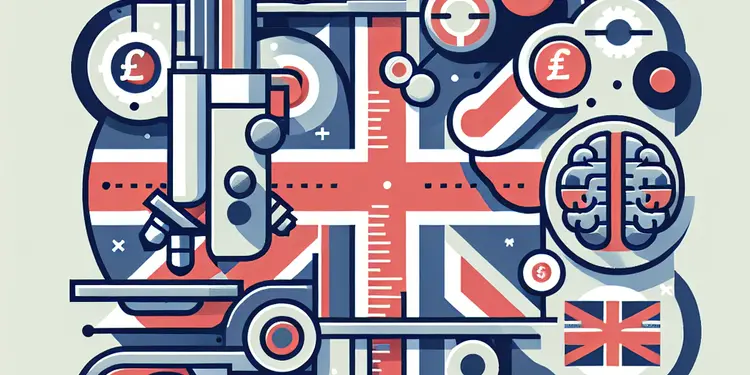
What can cause autism, if not paracetamol?
Relevance: 43%
-
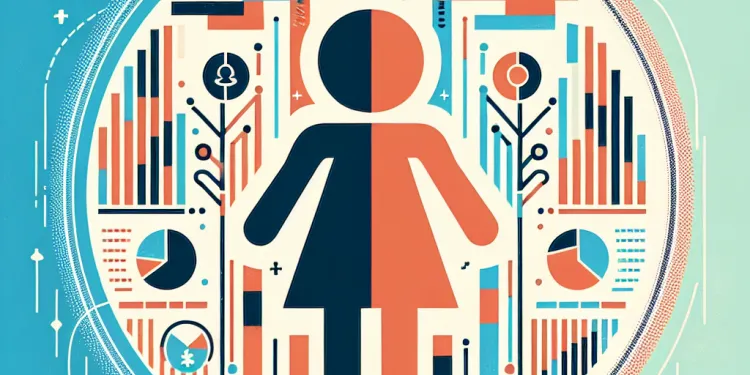
Is autism more common in boys or girls?
Relevance: 43%
-
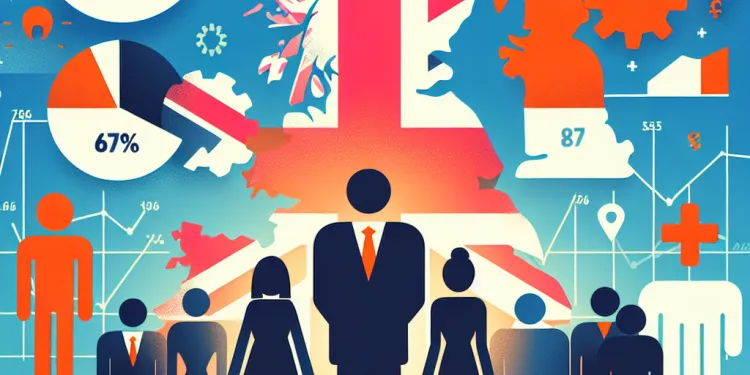
How prevalent is autism?
Relevance: 42%
-
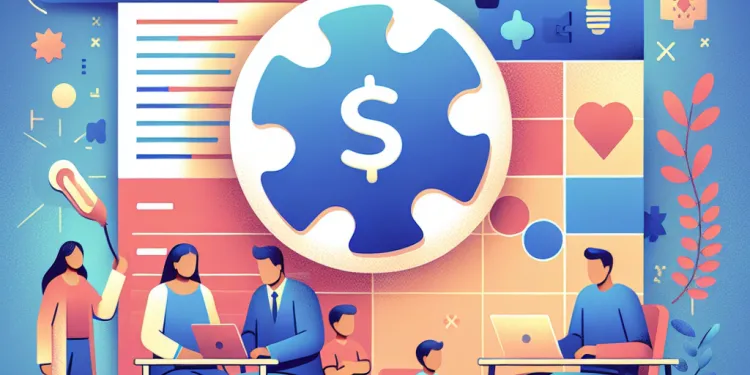
Is there an autism test?
Relevance: 42%
-
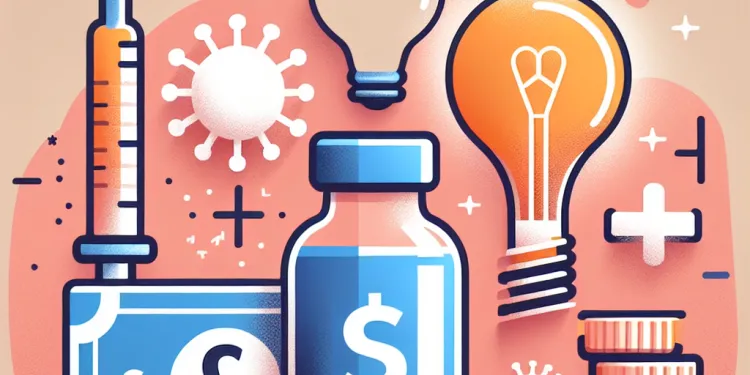
Are vaccines linked to autism?
Relevance: 41%
-
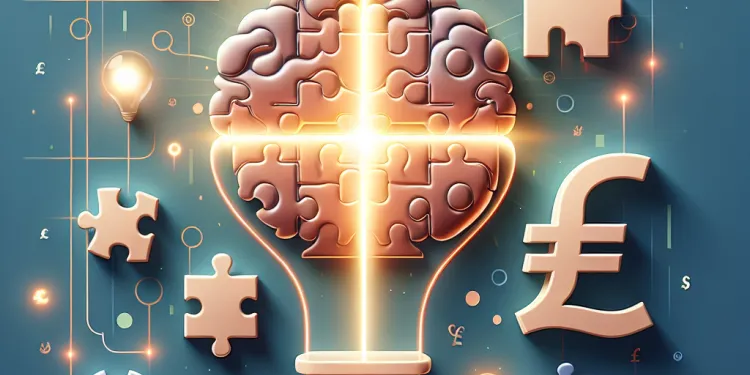
Can autism be cured?
Relevance: 41%
-

What is the autism spectrum?
Relevance: 39%
-

Is paracetamol linked to autism?
Relevance: 38%
-
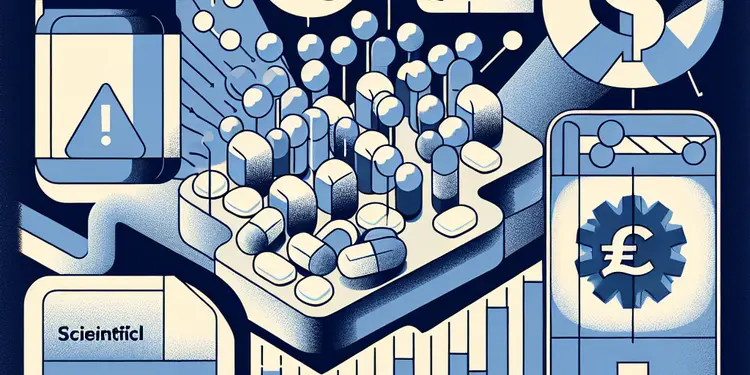
Is there any scientific evidence that links paracetamol use to autism?
Relevance: 37%
-
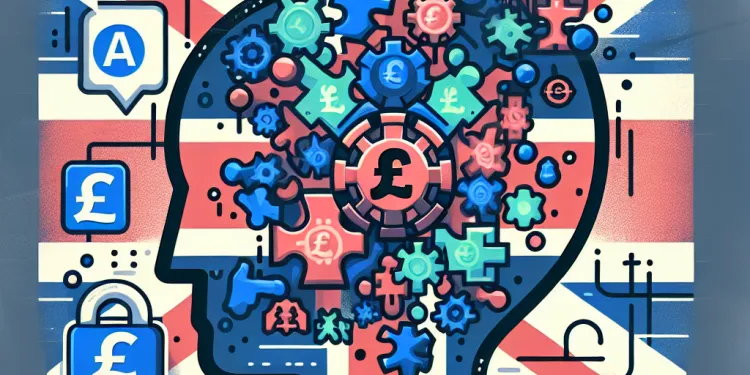
Can adults have autism?
Relevance: 37%
-
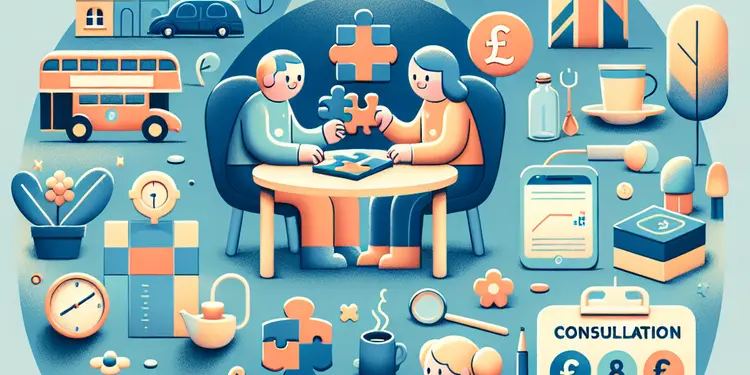
What advice is available for parents concerned about autism risks?
Relevance: 37%
-

Autism: Graeme's story | NHS
Relevance: 35%
-

What are the signs of autism?
Relevance: 35%
-
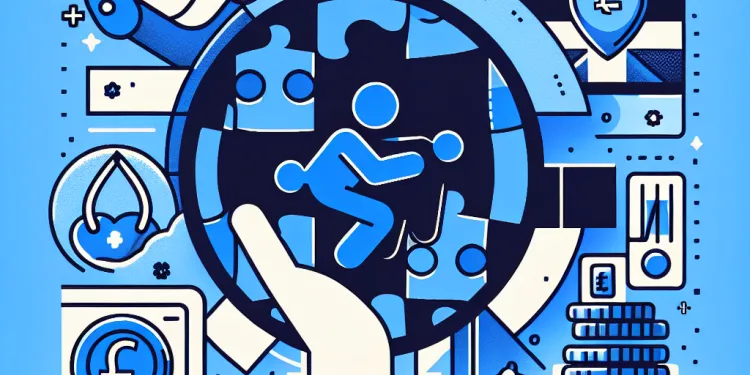
How is autism diagnosed?
Relevance: 35%
-
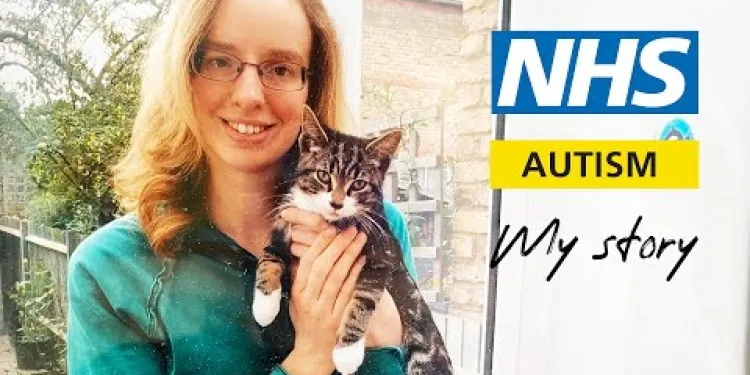
Autism - My Story - Rosalind | NHS
Relevance: 35%
-
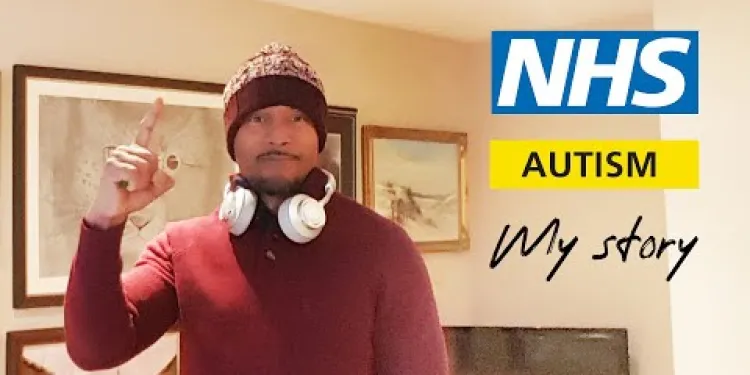
Autism - My Story - Adrian | NHS
Relevance: 35%
-
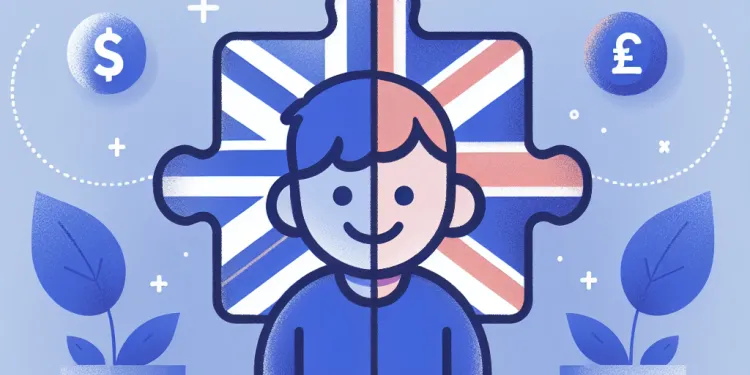
What is the difference between autism and Asperger's syndrome?
Relevance: 34%
-

The NHS Long Term Plan for learning disability and autism
Relevance: 34%
-

Autism Assessment - What Happens in Your Appointment
Relevance: 33%
-
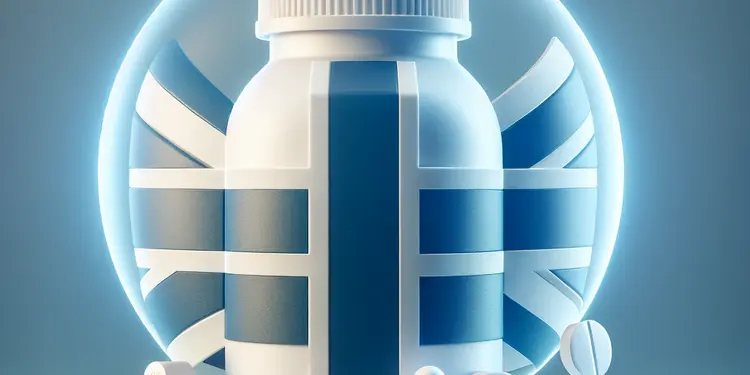
Is there any risk of using paracetamol outside of pregnancy with regard to autism?
Relevance: 33%
-
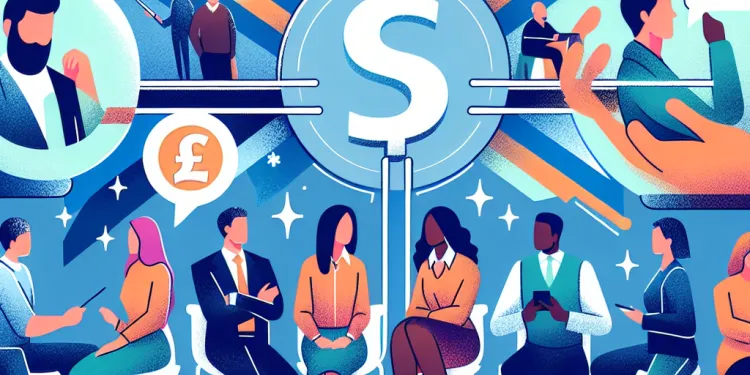
How does autism affect communication?
Relevance: 33%
-

What are some common therapies for autism?
Relevance: 33%
-
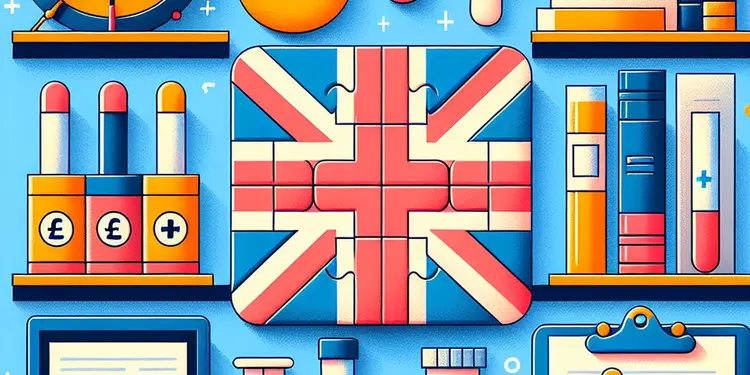
What kind of studies are conducted to investigate links between medications and autism?
Relevance: 33%
-
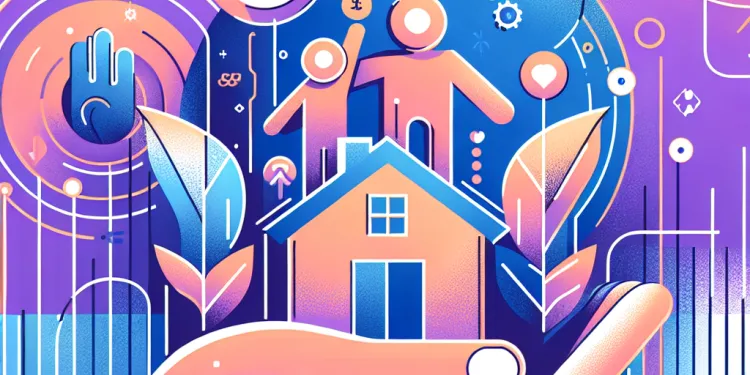
How can families support a member with autism?
Relevance: 32%
-
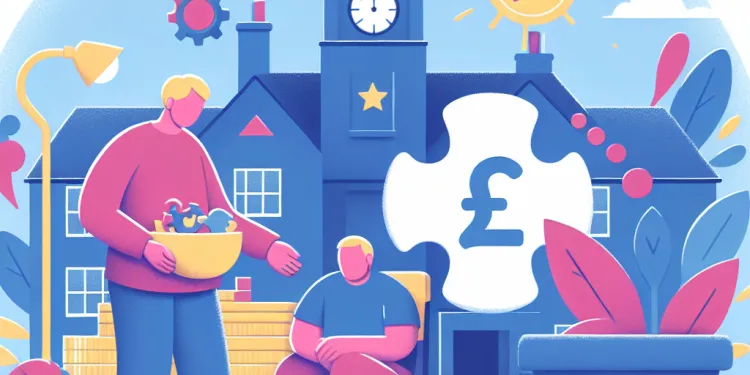
Can people with autism lead independent lives?
Relevance: 32%
-

Are there educational components to the school meal program?
Relevance: 31%
-
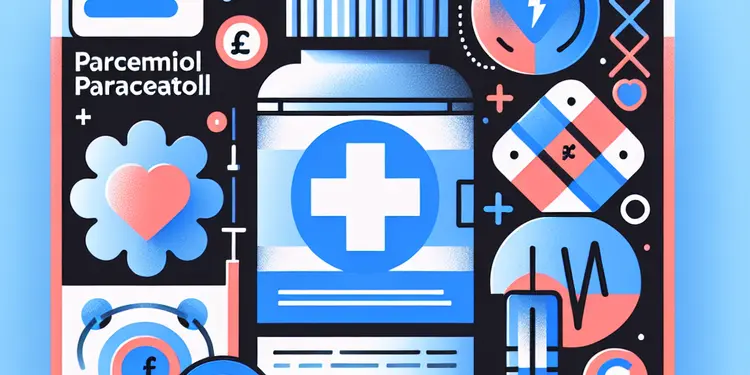
Why is there concern about paracetamol and autism?
Relevance: 31%
-

What role do sensory issues play in autism?
Relevance: 30%
-
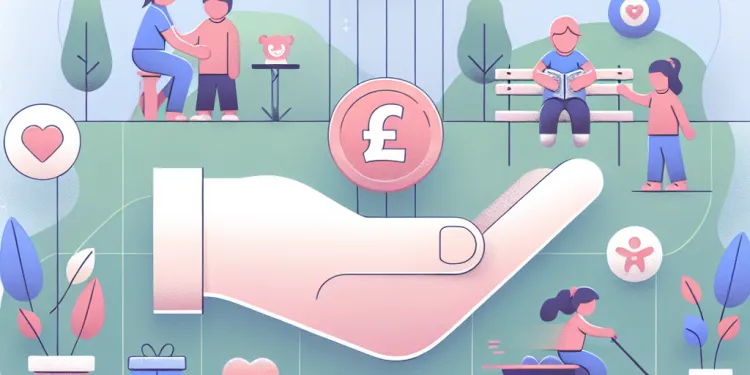
How can early intervention help children with autism?
Relevance: 30%
-
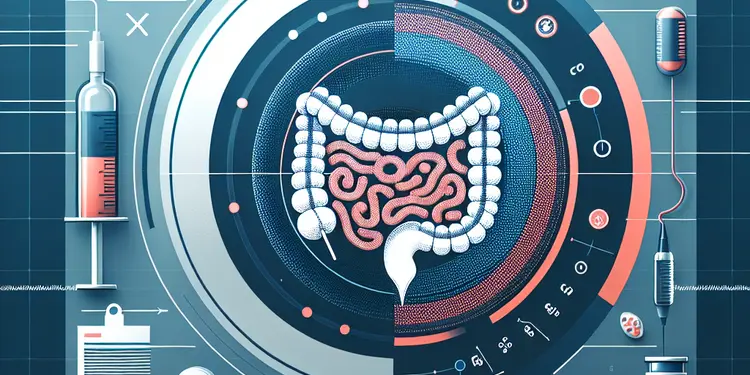
Is genetic testing available for colorectal cancer?
Relevance: 30%
-
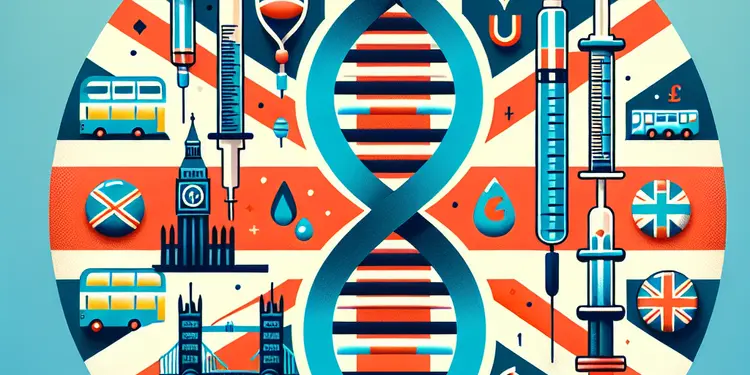
Is there a genetic predisposition to type 1 diabetes?
Relevance: 29%
-
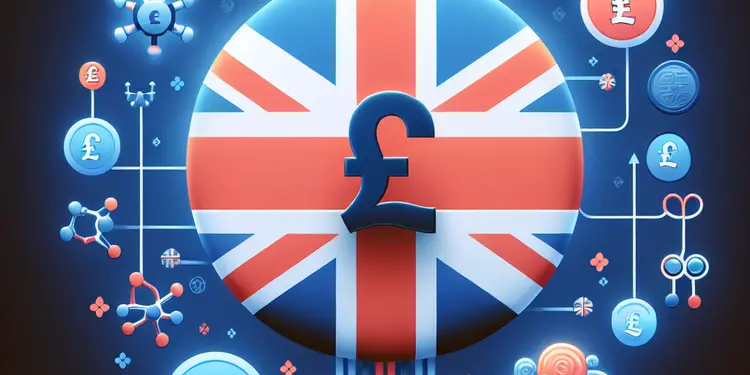
What role do genetics play in motor neurone disease?
Relevance: 29%
-
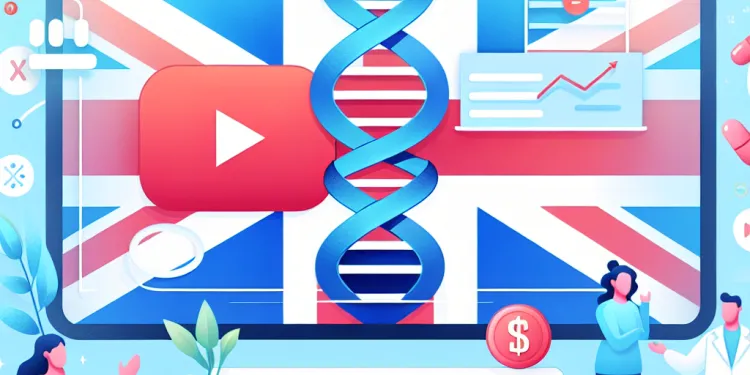
Can genetics influence obesity?
Relevance: 29%
-
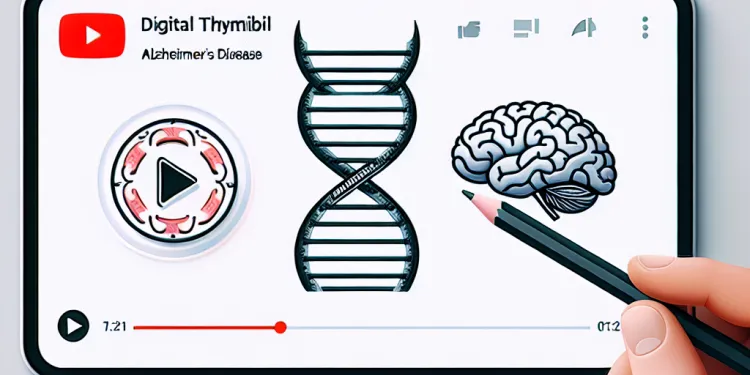
What role does genetics play in Alzheimer's disease?
Relevance: 28%
-
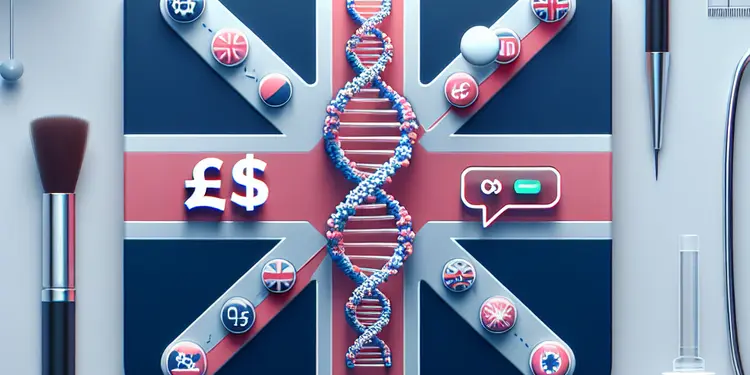
Is genetic screening available for cancer risk?
Relevance: 28%
-
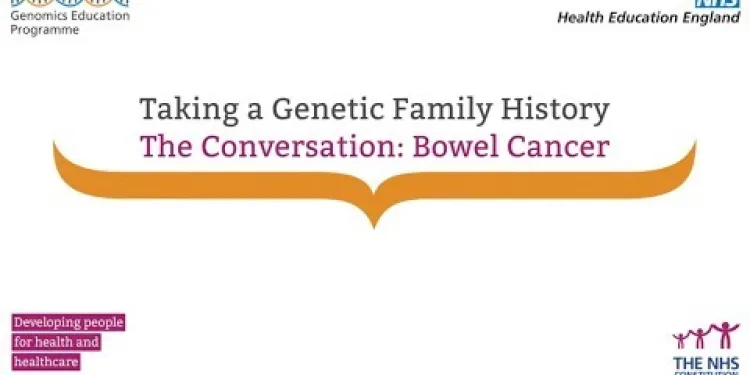
Taking a Genetic Family History - The Conversation (Bowel Cancer)
Relevance: 27%
-
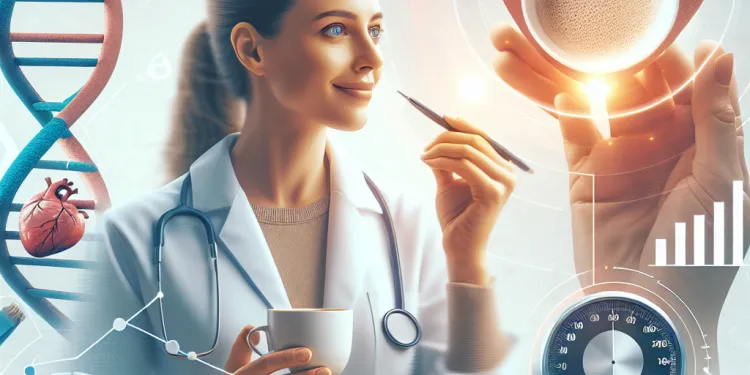
Does genetic makeup affect how coffee impacts blood pressure?
Relevance: 27%
Introduction to the Genetic Component of Autism
Autism, or Autism Spectrum Disorder (ASD), is a complex neurodevelopmental condition characterized by difficulties in social interaction, communication challenges, and a tendency to engage in repetitive behaviors. It affects around 1 in 100 people in the UK. Recent research suggests a significant genetic component to autism, although the exact biological mechanisms remain mysterious. Understanding the genetic basis is crucial for improving diagnosis, intervention, and support for individuals with autism and their families.
Genetic Factors Associated with Autism
Studies of families have shown that autism has a strong hereditary component. Siblings of children with autism are at a higher risk of developing the disorder compared to the general population. Twin studies have greatly contributed to our understanding of autism's genetic basis. Identical twins, who share 100% of their DNA, have a higher concordance rate for autism compared to fraternal twins, reinforcing the implication of genetic factors.
Genetic research has identified numerous genes associated with autism. Most of these genes are involved in brain development and neural communication. Some well-known genes linked to autism include SHANK3, CHD8, and FMR1. Despite this progress, autism is considered a polygenic condition, meaning that multiple genes interact with environmental factors to influence the risk of developing autism.
The Role of De Novo Mutations
Recent findings have highlighted the importance of de novo mutations in autism. These are new genetic changes that are not present in the parents but occur spontaneously in the child. De novo mutations can have significant effects and have been found in several cases of autism. They provide insight into the biological pathways that can be disrupted in ASD and guide the development of potential therapeutic targets.
Environmental and Genetic Interactions
While genetics play a crucial role in autism, they do not act in isolation. Environmental factors during pregnancy, such as maternal infections, exposure to toxins, and complications during birth, might interact with genetic susceptibilities to increase the risk of autism. However, no single environmental factor has been definitively linked to autism, underscoring the complex interplay between genes and environment.
Future Directions in Autism Research
Ongoing research aims to unravel the intricate genetic architecture of autism further. Advances in genomic technologies, such as whole-genome sequencing, promise to identify additional genetic contributors and refine our understanding of how genetic variation affects brain development. In the UK, initiatives like the Autism Genome Project strive to map the genetic causes of autism and improve clinical practices.
Understanding the genetic component of autism holds the potential to transform diagnostic criteria and develop personalized interventions. It can also alleviate the social stigma associated with the disorder by fostering a better understanding of its origins. As research progresses, it offers hope for more effective treatments and support for individuals with autism and their families.
Introduction to Autism and Genes
Autism is a condition that affects how people communicate and interact with others. It can also lead to repetitive behaviors, which means doing the same thing over and over. In the UK, about 1 in 100 people have autism. Scientists think genes (the instructions in our body) play a big part in autism. If we understand genes better, we can help people with autism and their families more effectively.
Genes and Autism
Autism can run in families, which means it can be passed down from parents to children. If a child has a brother or sister with autism, they are more likely to have autism too. Studies with twins have helped us learn more about this. Identical twins (who have the same genes) are more likely to both have autism than non-identical twins (who do not have exactly the same genes).
Scientists have found many different genes linked to autism. These genes help build our brains and help brain cells talk to each other. Some important genes related to autism are called SHANK3, CHD8, and FMR1. Autism is affected by lots of genes and other things in the environment around us, which makes it complex.
New Genetic Changes
Sometimes, children have genetic changes that their parents do not have. These are called "de novo mutations." These changes happen on their own and can affect autism. Understanding these changes helps us learn what goes wrong in autism and how we might fix it.
Genes and Environment Together
Genes are important in autism, but they are not the only factor. Things that happen during pregnancy can also play a role, like if the mom gets sick or is exposed to harmful substances. However, no single thing during pregnancy has been proven to cause autism. Autism is caused by a mix of genes and the environment.
What's Next in Autism Research?
Researchers are working hard to understand the genes involved in autism. New technologies can look at all our genes, which may help us find more about autism. In the UK, projects like the Autism Genome Project are helping to map out the genetic causes of autism.
Learning more about the genes behind autism can help us diagnose it better and create personalized treatments. It can also help people understand autism, which may reduce misunderstanding and stigma. As we learn more, there is hope for better treatments and support for people with autism and their families.
Frequently Asked Questions
Is there a genetic component to autism?
Yes, research indicates that autism has a significant genetic component.
How much of autism is attributed to genetics?
It is estimated that genetics can account for up to 80-90% of the risk for developing autism.
What type of genetic changes are associated with autism?
Genetic changes in autism can include mutations, rare variants, and more common genetic variants.
Can autism be inherited from parents?
Yes, autism can be inherited, but it is also influenced by complex genetic interactions and environmental factors.
Are there specific genes identified that are linked to autism?
Multiple genes have been associated with autism, including those involved in brain development and neuronal communication.
How do environmental factors interact with genetics in autism?
Environmental factors may influence the expression and impact of genetic predispositions to autism.
Can genetic testing determine if someone has autism?
Genetic testing can identify certain mutations or syndromes associated with autism, but it cannot diagnose autism by itself.
Are there genetic tests available for all forms of autism?
Currently, genetic testing can identify some genetic syndromes associated with autism but not all forms.
What is the role of de novo mutations in autism?
De novo mutations are new genetic changes that occur spontaneously and have been implicated in some cases of autism.
Do identical twins both have autism if one twin is diagnosed?
Identical twins have a high concordance rate for autism, but it is not 100%, indicating other factors play a role.
Is there a single gene responsible for autism?
No, autism is not caused by a single gene but is a complex disorder involving multiple genetic factors.
Can gene therapy be used to treat autism?
Currently, gene therapy is not a treatment for autism, but research is ongoing to explore such possibilities.
How significant is the role of genetics compared to non-genetic factors in autism?
Genetics is highly significant but interacts with non-genetic factors in the development of autism.
Are chromosomal abnormalities linked to autism?
Yes, some chromosomal abnormalities, such as duplications or deletions, have been associated with autism.
Does having a sibling with autism increase the risk?
Yes, having a sibling with autism does increase the risk due to shared genetic factors.
Is there ongoing research into the genetics of autism?
Yes, significant research is ongoing to better understand the genetic basis of autism and potential interventions.
How diverse is the genetic profile of individuals with autism?
The genetic profile of individuals with autism is highly diverse, which reflects the heterogeneous nature of the disorder.
Can lifestyle changes impact the genetic risk of autism?
While lifestyle changes cannot alter genetics, they may influence the expression or impact of genetic predispositions.
Do all people with autism have a noticeable genetic anomaly?
Not all individuals with autism have identifiable genetic anomalies, highlighting the complexity of the disorder.
Is the understanding of autism's genetic component complete?
No, the understanding of the genetic component of autism is still evolving, with ongoing research needed to fully comprehend it.
Can autism come from our genes?
Autism can be in families. This means it can come from our genes. Genes are like instructions in our body that decide things about us, like eye color or height.
Sometimes, changes in these genes can mean a person might have autism. But not everyone with these gene changes will have autism.
If you want to learn more, talking to a doctor or a person who knows a lot about genes can help. They can explain it in more detail.
Yes, research shows that autism is linked to genes. This means it can run in families.
Is autism passed down from parents?
Doctors think autism can run in families. This means if someone in your family has autism, other people in the family might have it too.
You can ask a doctor for more information. They can help you understand because they know a lot about autism.
Using pictures, drawings, and fun videos can help you learn more about this.
About 80 to 90 out of every 100 people with autism have it because of their genes. Genes are what we get from our parents.
What changes in genes are linked to autism?
Autism can be affected by changes in genes. These changes can be mutations, rare differences, or common gene differences.
Can kids get autism from their parents?
Parents can pass autism to their kids. Autism is something in our genes. Genes come from parents. Tools to help: Pictures, simple stories, and asking questions.Yes, autism can be passed down from family members. But other things, like genes working together and things around us, can also play a part.
Here are some things that can help people read better:
- Use simple, clear words.
- Break down big ideas into small ones.
- Use pictures or diagrams to explain.
- Take breaks often when reading.
Are there special genes that are linked to autism?
Genes are like little instructions in our bodies. Some special genes might be linked to autism. Scientists are working hard to find out which ones. They do tests on people's genes to learn more.
If you want to learn more, you can:
- Ask a doctor or a teacher.
- Look at simple books or videos about genes and autism.
Many genes are linked to autism. These genes help the brain grow and help brain cells talk to each other.
How do things around us and genes work together in autism?
Autism is when a person's brain works differently. Both inside and outside things affect autism.
Inside Factors:
- Genes are like a set of rules in our bodies. They are important for how we grow.
- Some genes can make autism more likely.
Outside Things:
- Stuff around us, like air quality and food, can also affect autism.
- How a baby grows inside the mother can matter too.
How They Work Together:
- Genes and outside things together can change how autism shows up in a person.
Helpful Tools:
- Pictures or videos can help understand more about autism.
- Talking with a doctor or a teacher can give more support.
Things around us can change how genes related to autism work and affect us.
Can a test tell if someone has autism?
We can use a test to look at genes and find out many things about our body.
But, there isn't one single test that can tell us if someone has autism.
Doctors look at how someone talks, plays, learns, and acts to understand if they have autism.
Sometimes, doctors may use a gene test to find out if there is another reason for someone's challenges.
If you have questions, talk to a doctor or a friendly expert who can help explain more.
Support tools:
- Use simple words and pictures to help understand
- Ask someone you trust to help you read
- Use apps that read the text out loud
Genetic tests can find changes in genes that might be linked to autism. But these tests alone cannot tell if someone has autism.
Can a test find all types of autism?
Right now, there is no test that can find all types of autism.
Doctors sometimes use a special kind of test called a "genetic test" to help find clues about autism. But these tests do not work for everyone.
If you or someone you know has autism and you want to learn more, you can talk to a doctor. They can help you understand better.
Using pictures, stories, or talking to people you trust can also help you understand more about autism.
Right now, genetic tests can find some genetic issues linked to autism, but not all of them.
What are de novo mutations and how do they relate to autism?
De novo mutations are changes in genes. They happen by accident. They do not come from parents.
Sometimes these changes can affect the brain. This can be related to autism.
To understand better, you can:
- Use pictures to explain how genes work.
- Ask someone to read with you and help explain the words.
- Watch videos about genes and autism that use simple language.
De novo mutations are new changes in genes that happen on their own. Sometimes, these changes can be linked to autism.
If one identical twin has autism, does the other twin have it too?
Sometimes yes, sometimes no. Identical twins share the same genes. This means if one twin has autism, the other might have it too. But this is not always true. Each twin is different and unique.
If you want to learn more, you can talk to a doctor or a teacher. They can help explain things. Using pictures or simple words can also help make things clear.
Identical twins often both have autism, but not always. This means other things can cause autism too.
Is there one gene that causes autism?
Autism is not caused by just one gene.
Many genes can be involved.
Each person with autism is different.
If you need help understanding this, you can:
- Ask a grown-up or teacher to explain.
- Use pictures or videos to learn more.
- Look for simple books about autism.
No, autism is not caused by just one gene. It is a complex disorder, which means it involves many different genes.
Can doctors use gene therapy to help people with autism?
Doctors are studying if gene therapy can help people with autism. Gene therapy means changing genes to fix or help them work better.
Autism is a condition that affects how people talk, play, and learn.
Scientists are trying to find out if gene therapy can help people with autism have better lives.
People with autism and their families can also use support tools, like special learning games or talking to doctors who know about autism.
Right now, gene therapy does not help with autism. But scientists are still studying it to see if it might work in the future.
How important are genes compared to other things in autism?
Lots of things can cause autism. One big thing is our genes. Genes are like tiny instructions in our bodies. But other things like our environment can also matter. It is important to know both.
If you find this hard to understand, you can use pictures or ask someone to read it with you. You can also use tools that read the words out loud for you.
Genes are very important, but other things also matter for why someone might be autistic.
Do chromosome problems cause autism?
Sometimes changes in chromosomes can be linked to autism. Chromosomes are parts of our body's cells that carry genetic information. If there are changes or problems in these chromosomes, it can affect how a person grows and learns.
If you want to learn more or need help understanding, you can:
- Talk to a doctor or a teacher.
- Use pictures or videos to help understand.
- Ask someone to read with you and explain things.
Yes, some problems with chromosomes, like too many or missing parts, have been linked to autism.
Can your brother or sister having autism affect you?
Yes, if you have a brother or sister with autism, you might also have a higher chance of having it. This is because you might share similar genes with them.
Are scientists studying how genes are linked to autism?
Scientists are trying to learn how genes might affect autism. They are doing lots of research to understand it better.
Some tools might help you understand this topic:
- Ask someone to read with you and explain things if you are unsure.
- Use pictures or videos to help make sense of the information.
- Look at simple books or websites about autism and genes.
Yes, scientists are doing a lot of work to learn more about how genes might be linked to autism. They are also looking for ways to help people with autism.
How different are the genes of people with autism?
People with autism have different genes. This shows that autism can be different for each person.
Can changing how we live affect the chances of autism because of our genes?
Genes are like little instructions in our bodies. They come from parents and can affect things like our health.
Autism is a different way of thinking and seeing the world. Some people are born with it because of their genes.
But now, people are asking if things we do every day—like what we eat, how much we play, and how we sleep—can change this.
Tools that can help:
- Talking to a doctor: They can give advice that fits you.
- Healthy eating: Eating fruits and veggies makes us feel better.
- Exercise: Playing and moving helps both body and mind.
- Good sleep: Sleeping well gives our brain a rest.
Remember, everyone is unique. What works for one person might not work for another.
We cannot change our genes by the way we live our lives, but how we live can affect how our genes work.
Do all people with autism have a special difference in their genes?
Not everyone with autism has a clear difference in their genes. Sometimes, it's hard to see in tests.
If you want to understand this better, it can help to talk to a doctor or look at pictures that show how genes work.
Not everyone with autism has changes in their genes that we can see. This shows us that autism is complicated.
Do we know everything about autism and genes?
No, we are still learning about what genes have to do with autism. Scientists are doing more research to understand it better.
Useful Links
This website offers general information and is not a substitute for professional advice.
Always seek guidance from qualified professionals.
If you have any medical concerns or need urgent help, contact a healthcare professional or emergency services immediately.
Some of this content was generated with AI assistance. We’ve done our best to keep it accurate, helpful, and human-friendly.
- Ergsy carfully checks the information in the videos we provide here.
- Videos shown by Youtube after a video has completed, have NOT been reviewed by ERGSY.
- To view, click the arrow in centre of video.
- Most of the videos you find here will have subtitles and/or closed captions available.
- You may need to turn these on, and choose your preferred language.
- Go to the video you'd like to watch.
- If closed captions (CC) are available, settings will be visible on the bottom right of the video player.
- To turn on Captions, click settings .
- To turn off Captions, click settings again.
More Items From Ergsy search
-

Is there a genetic component to autism?
Relevance: 100%
-

What causes autism?
Relevance: 48%
-

What is Autism?
Relevance: 46%
-

What can cause autism, if not paracetamol?
Relevance: 43%
-

Is autism more common in boys or girls?
Relevance: 43%
-

How prevalent is autism?
Relevance: 42%
-

Is there an autism test?
Relevance: 42%
-

Are vaccines linked to autism?
Relevance: 41%
-

Can autism be cured?
Relevance: 41%
-

What is the autism spectrum?
Relevance: 39%
-

Is paracetamol linked to autism?
Relevance: 38%
-

Is there any scientific evidence that links paracetamol use to autism?
Relevance: 37%
-

Can adults have autism?
Relevance: 37%
-

What advice is available for parents concerned about autism risks?
Relevance: 37%
-

Autism: Graeme's story | NHS
Relevance: 35%
-

What are the signs of autism?
Relevance: 35%
-

How is autism diagnosed?
Relevance: 35%
-

Autism - My Story - Rosalind | NHS
Relevance: 35%
-

Autism - My Story - Adrian | NHS
Relevance: 35%
-

What is the difference between autism and Asperger's syndrome?
Relevance: 34%
-

The NHS Long Term Plan for learning disability and autism
Relevance: 34%
-

Autism Assessment - What Happens in Your Appointment
Relevance: 33%
-

Is there any risk of using paracetamol outside of pregnancy with regard to autism?
Relevance: 33%
-

How does autism affect communication?
Relevance: 33%
-

What are some common therapies for autism?
Relevance: 33%
-

What kind of studies are conducted to investigate links between medications and autism?
Relevance: 33%
-

How can families support a member with autism?
Relevance: 32%
-

Can people with autism lead independent lives?
Relevance: 32%
-

Are there educational components to the school meal program?
Relevance: 31%
-

Why is there concern about paracetamol and autism?
Relevance: 31%
-

What role do sensory issues play in autism?
Relevance: 30%
-

How can early intervention help children with autism?
Relevance: 30%
-

Is genetic testing available for colorectal cancer?
Relevance: 30%
-

Is there a genetic predisposition to type 1 diabetes?
Relevance: 29%
-

What role do genetics play in motor neurone disease?
Relevance: 29%
-

Can genetics influence obesity?
Relevance: 29%
-

What role does genetics play in Alzheimer's disease?
Relevance: 28%
-

Is genetic screening available for cancer risk?
Relevance: 28%
-

Taking a Genetic Family History - The Conversation (Bowel Cancer)
Relevance: 27%
-

Does genetic makeup affect how coffee impacts blood pressure?
Relevance: 27%


